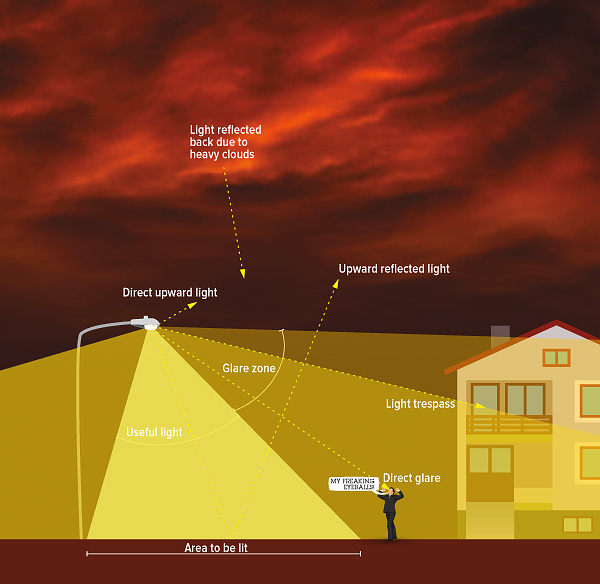Twinkle, Twinkle Little Star How I Wonder Where You Are? — Light Pollution Can Make Stars Invisible in 20 Years
In 20 years, light pollution may mean most constellations will become invisible. It’s important not to be blinded to the potential of those stories by the bright city lights, though.

When Van Gogh looked up at the night sky, he saw beauty; Galileo saw a mystery and seers and shamans saw the future and, sometimes, their own past and ancestors. Soon, though — enamoured as humanity is with cities and screens — the pinpricks of light in the shroud of darkness may be unavailable and the constellations visible only to the rich or famous who can afford private space flights on billionaires’ pet projects. A recent report by the German Centre of Geosciences has flagged once again — in 2020, a group of UK MPs called for a “minister of the dark sky” — the grave dangers to “starry, starry nights”.
At the current rate of light pollution, scientists have predicted, most major constellations will not be visible in the night sky in 20 years. From screens to buildings, LEDs and other sources of light have increased light pollution exponentially. Apart from obliterating the view of the night sky, light pollution will also affect several animals who navigate by the stars. It can also have consequences for human health.
Perhaps, in the age of countless images and algorithms, the splendour of the Morning Star, of the Hunter and the Bear hold little value. Yet, in the deeper sense, all the “content” we consume is inward-looking, so often designed to sell our data and attention. Content does not spark a sense of wonder, either at the “final frontier” of science fiction writers, or the stories told around the fire-side by the ancients. And, who knows what new tales can be told, leaps of imagination of the lives and worlds yet unexplored light years away. It’s important not to be blinded to the potential of those stories by the bright city lights. A little more darkness, in fact, might be illuminating.

